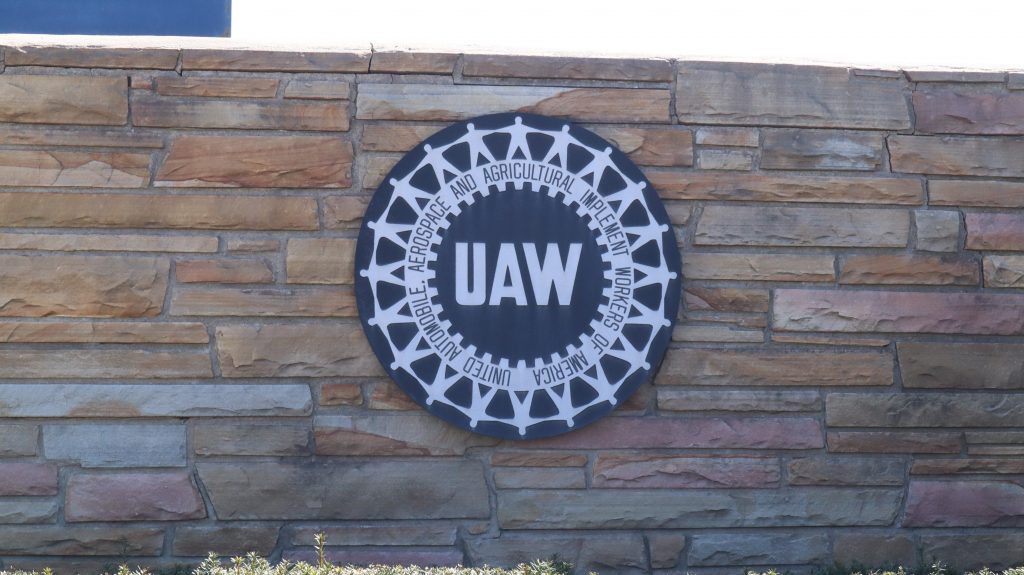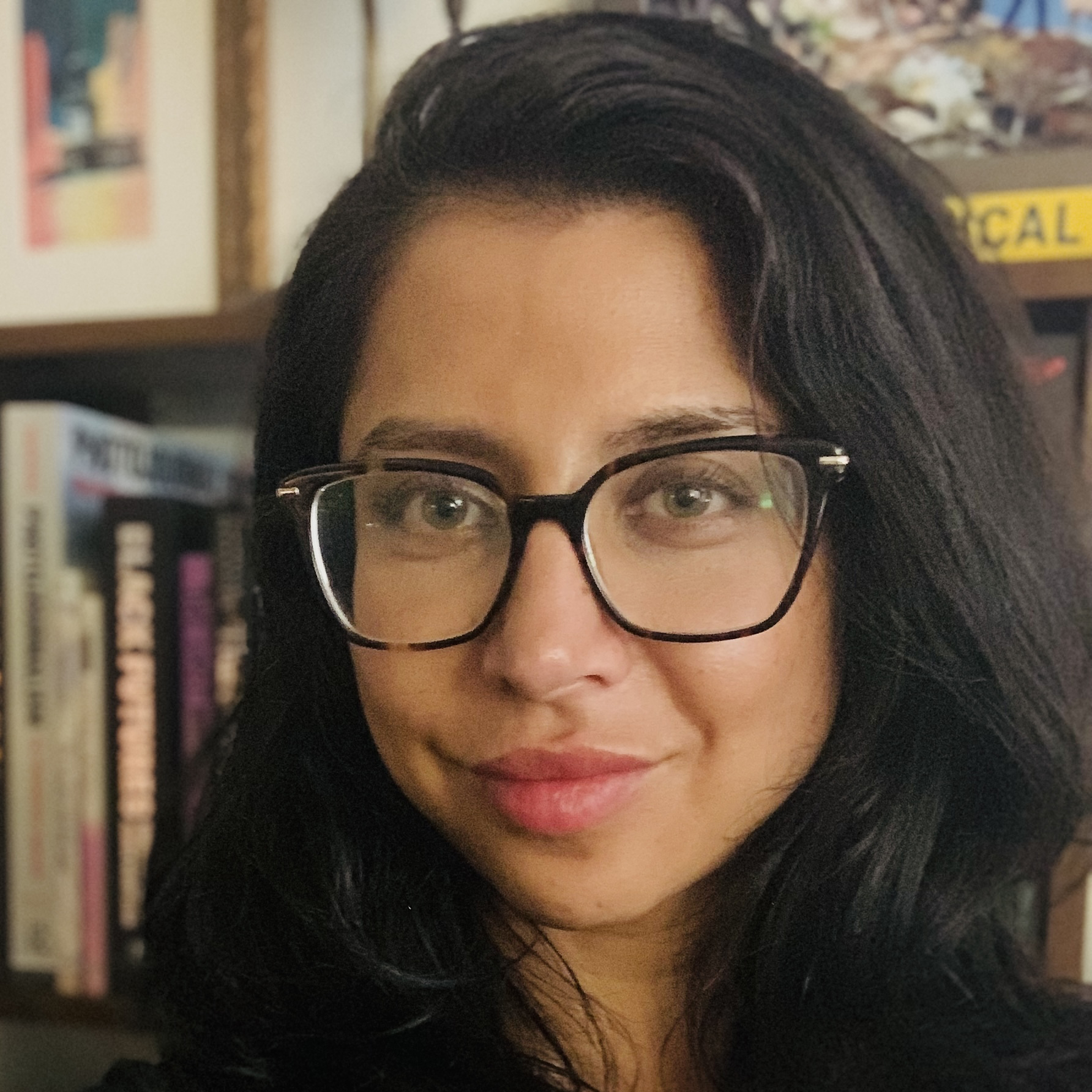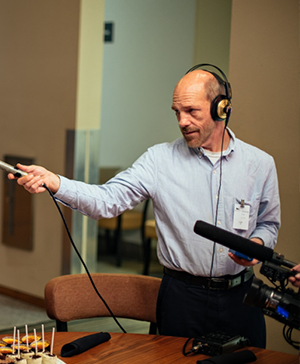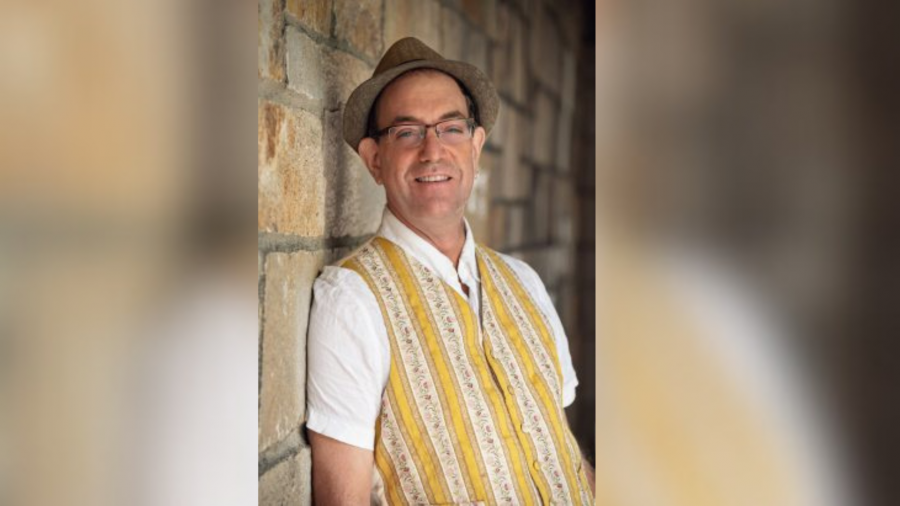The Metro: UAW putting pressure on Detroit automakers to shift production to US
Robyn Vincent, Quinn Klinefelter, The Metro May 12, 2025Subscribe to The Metro on Apple Podcasts, Spotify, NPR.org or wherever you get your podcasts.

The impact from President Donald Trump’s tariffs on vehicles and auto parts is shifting into a new gear.
Ford Motor Company said the tariffs have forced the automaker to raise prices on vehicles built in Mexico by as much as $2,000. Still, the company says it’s still not passing on the full cost of tariffs to buyers, and will continue charging discount prices until at least July 4.
Ford claims it’s in a better position than other domestic automakers because about 80% of the vehicles it sells in North America are already built in the U.S. The United Auto Workers argue that Detroit’s other car companies can do the same.
Twice last week, the UAW held rallies designed to pressure Stellantis into building more products at its U.S. factories, especially in Michigan.
WDET’s Quinn Klinefelter visited one of the rallies at a union hall in Warren. He joined The Metro to share what he heard from union members.
Use the media player above to listen to the full conversation.
More stories from The Metro on Monday, May 12, 2025:
Listen to The Metro weekdays from 10 a.m. to noon ET on 101.9 FM and streaming on-demand.
Trusted, accurate, up-to-date.
WDET strives to make our journalism accessible to everyone. As a public media institution, we maintain our journalistic integrity through independent support from readers like you. If you value WDET as your source of news, music and conversation, please make a gift today.Donate today »
More stories from The Metro
Authors
-
 Robyn Vincent is the co-host of The Metro on WDET. She is an award-winning journalist, a lifelong listener of WDET, and a graduate of Wayne State University, where she studied journalism. Before returning home to Detroit, she was a reporter, producer, editor, and executive producer for NPR stations in the Mountain West, including her favorite Western station, KUNC. She received a national fellowship from Investigative Reporters and Editors for her investigative work that probed the unchecked power of sheriffs in Colorado. She was also the editor-in-chief of an alternative weekly newspaper in Wyoming, leading the paper to win its first national award for a series she directed tracing one reporter’s experience living and working with Syrian refugees.
Robyn Vincent is the co-host of The Metro on WDET. She is an award-winning journalist, a lifelong listener of WDET, and a graduate of Wayne State University, where she studied journalism. Before returning home to Detroit, she was a reporter, producer, editor, and executive producer for NPR stations in the Mountain West, including her favorite Western station, KUNC. She received a national fellowship from Investigative Reporters and Editors for her investigative work that probed the unchecked power of sheriffs in Colorado. She was also the editor-in-chief of an alternative weekly newspaper in Wyoming, leading the paper to win its first national award for a series she directed tracing one reporter’s experience living and working with Syrian refugees. -

-




